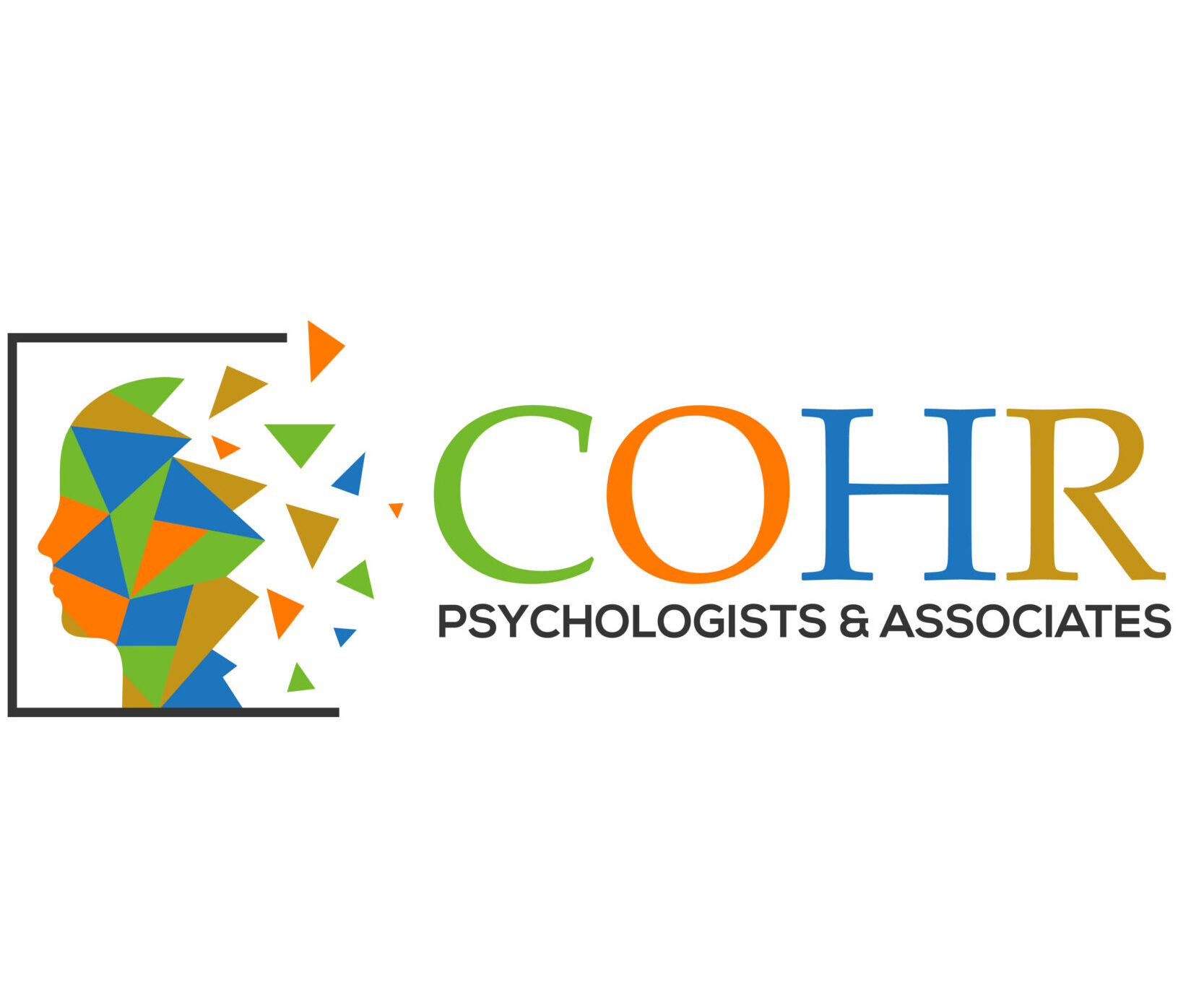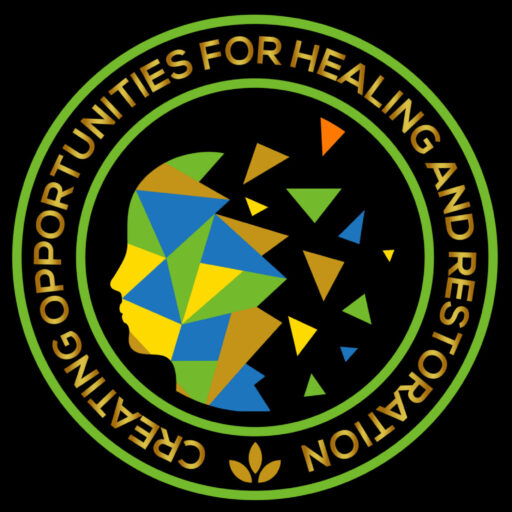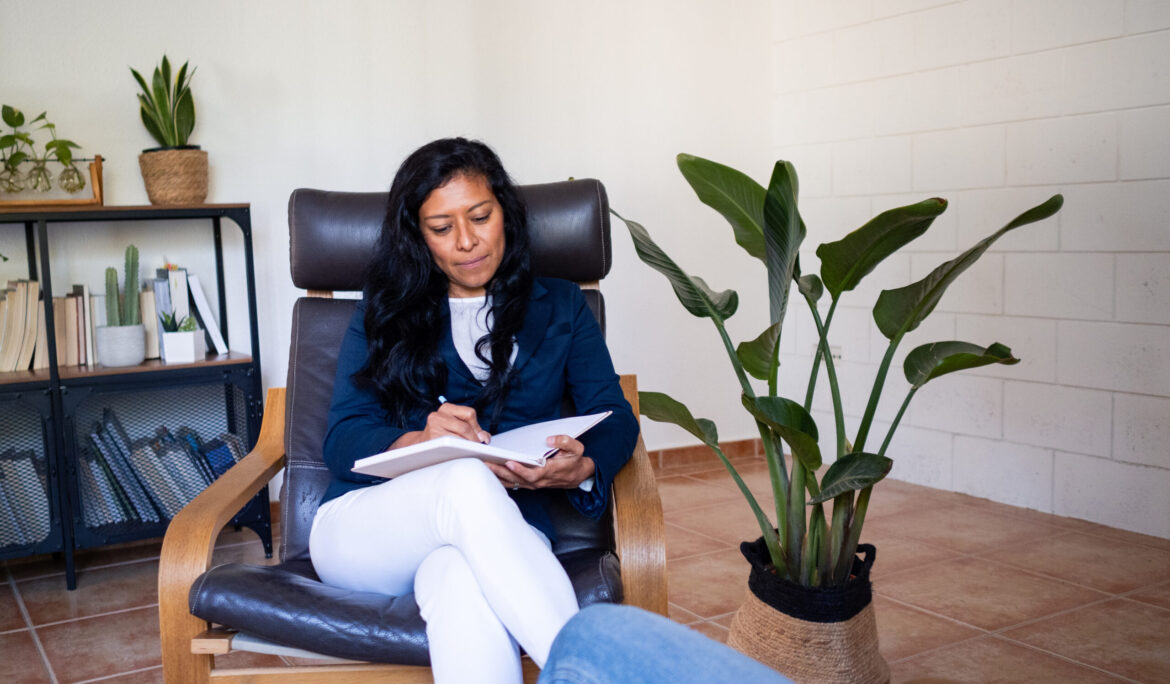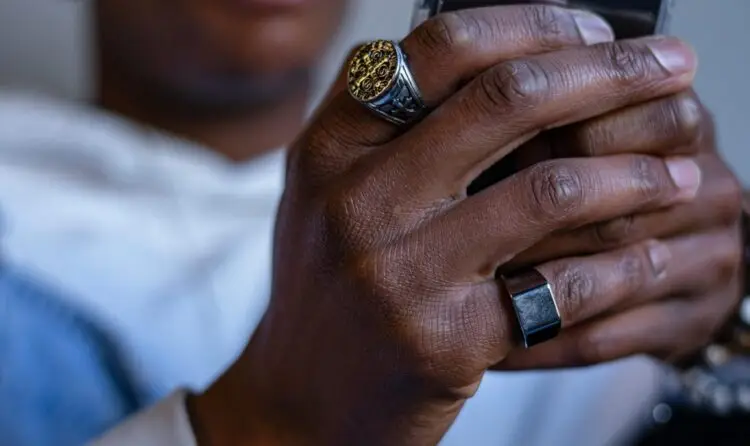By Tanisha L. Knighton, Ph.D. | COHR Psychologist & Associates
In recent years, terms like diversity, equity, and inclusion have become increasingly visible in the mental health space. Yet beyond buzzwords and checkboxes, there remains a deeper clinical responsibility. A need to not simply recognize cultural difference, but to approach it with reverence, reflection, and relational integrity. This is where cultural humility enters the conversation.
Cultural humility is not a fixed skill set. It is an ongoing process of self-awareness, critical reflection, and accountability in how we engage with the lived experiences of others. Unlike cultural competence, which can suggest a finite goal or endpoint, cultural humility acknowledges that we, as clinicians, are never done learning. We bring with us our own identities, worldviews, and biases into every therapeutic space. The ethical task, then, is not to eliminate bias entirely (an impossible feat), but to remain conscious of its presence and impact.
At COHR Psychologist & Associates, cultural humility is not a side note, it is foundational to our work. We recognize that clients do not enter therapy in a vacuum. They bring with them the weight of cultural messaging, intergenerational narratives, systemic harms, and spiritual frameworks that shape how they interpret distress, healing, and help-seeking. For BIPOC, LGBTQIA+, and other historically marginalized individuals, traditional mental health spaces have too often invalidated or erased these realities. In response, we have chosen a different path.
In clinical practice, cultural humility looks like this:
– Asking, “What does healing mean in your community?” instead of assuming a universal definition.
– Acknowledging the impact of systemic oppression without centering it in a way that retraumatizes.
– Making space for spiritual traditions, communal values, and cultural grieving practices that are often pathologized in dominant clinical frameworks.
It also means understanding that trust must be earned, not expected. It centers your lived experience as valid, and it builds a relationship where you don’t have to shrink or translate. Many of our clients have valid reasons to question the safety of clinical relationships. At COHR, we do not take that trust for granted. We honor the courage it takes to show up in therapy, especially when therapy hasn’t historically been designed with your full humanity in mind.
Cultural humility also requires looking inward. As a scholar-practitioner, I routinely interrogate my own perspectives, clinical assumptions, and areas of privilege. I do not do this to signal virtue but to safeguard the integrity of the therapeutic alliance. If we are to ask clients to engage deeply, we must also be willing to examine the lens through which we view them.
The impact of culturally humble care is more than theoretical. Research increasingly affirms that clients are more likely to remain engaged, experience psychological safety, and reach therapeutic goals when they feel seen not just symptomatically, but contextually. Affirming a client’s identity is not a clinical courtesy; it is a pathway to trust, attunement, and transformation.
At COHR, we hold space for complexity. You don’t have to translate your culture. You don’t have to code-switch. You don’t have to choose between psychological support and cultural survival. We believe your story, your language, and your strength deserve to be in the room.
Final Reflection
Cultural humility is not simply good practice…it is ethical, clinical, and human. As the mental health field continues to evolve, the call is not for perfection, but for presence. For listening. For curiosity without assumption. For care without erasure.
And that’s the heart of it: healing happens when we feel seen, not studied. Heard, not handled. That’s what cultural humility invites us to practice not just once, but again and again, with intention. This is the kind of work we’re committed to at COHR. If you’re seeking therapy that honors the full context of who you are, we welcome you.
Ready to find a therapist who sees the whole you?
Click the link in our bio or call (330) 578-4855 to schedule a consultation.
#cohrpsych #DrTaLK #drtlk #CulturalHumility #MentalHealthEquity #BIPOCMentalHealth #TraumaInformedCare #TherapyThatAffirms #ScholarPractitioner #BlackMentalHealth #HealingInContext









